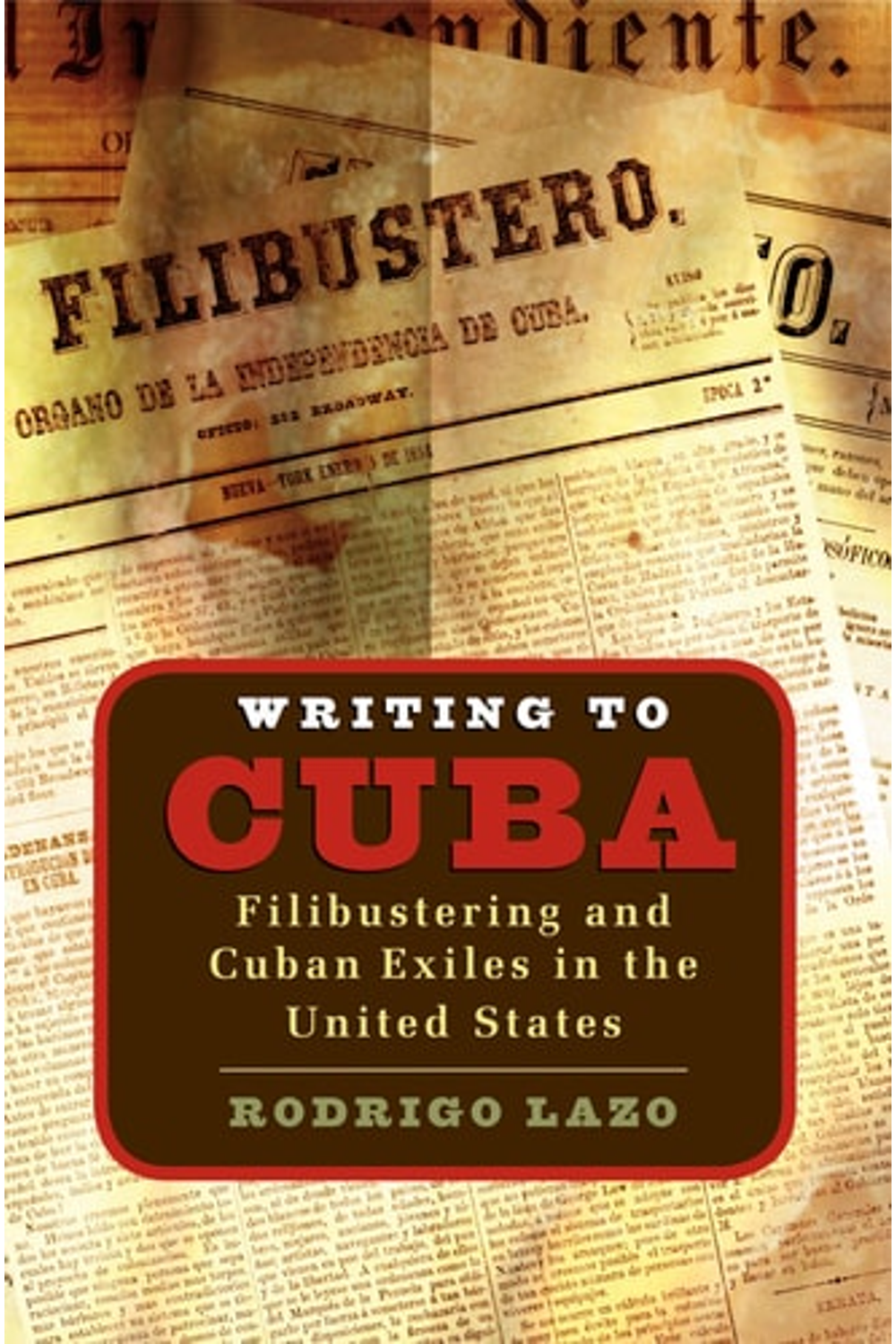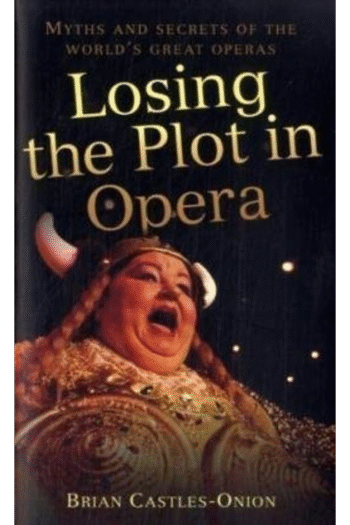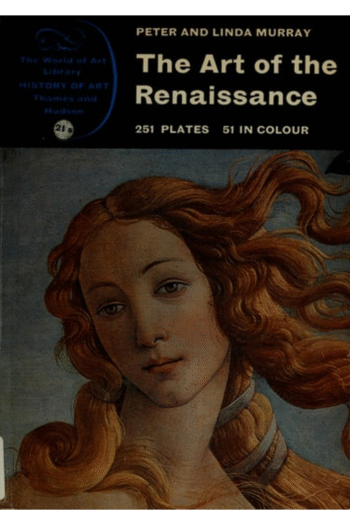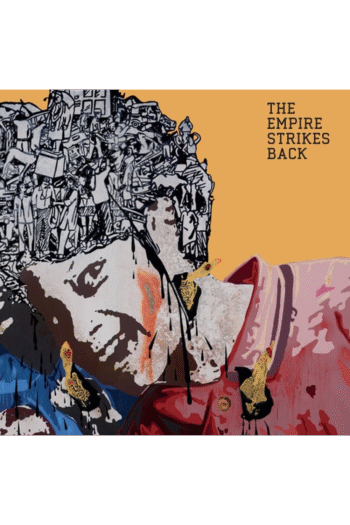Dive into the untold story of 19th-century Cuban exile writers in Rodrigo Lazo’s *Writing to Cuba*. This “New edition” explores how these intellectuals, living in the US, wielded newspapers and literature as weapons in the fight for Cuban independence. Lazo unveils their complex vision: liberation from Spain intertwined with hopes for US alliance or even annexation, revealing a fascinating blend of nationalism and American aspiration. Explore the lives and works of figures like Cirilo Villaverde, uncovering a transnational literary landscape where Cuban and American cultures collided. This book is an essential read for anyone interested in Cuban history, Latin American studies, and the power of the written word in shaping national identity. Published by The University of North Carolina Press, this title offers a fresh perspective on the intricate relationship between Cuba and the United States, challenging conventional narratives and shedding light on a pivotal era.
Writing to Cuba: Filibustering and Cuban Exiles in the United States (Envisioning Cuba)
19,77 $
In stock
In the mid-nineteenth century, some of Cuba’s most influential writers settled in U.S. cities and published a variety of newspapers, pamphlets, and books. Collaborating with military movements known as filibusters, this generation of exiled writers created a body of literature demanding Cuban independence from Spain and alliance with or annexation to the United States.
Drawing from rare materials archived in the United States and Havana, Rodrigo Lazo offers new readings of works by writers such as Cirilo Villaverde, Juan Clemente Zenea, Pedro Santacilia, and Miguel T. Tolon. Lazo argues that to understand these writers and their publications, we must move beyond nation-based models of literary study and consider their connections to both Cuba and the United States. Anchored by the publication of Spanish- and English-language newspapers in the United States, the transnational culture of writers Lazo calls los filibusteros went hand in hand with a long-standing economic flow between the countries and was spurred on by the writers’ belief in the American promise of freedom and the hemispheric ambitions of the expansionist U.S. government. Analyzing how U.S. politicians, journalists, and novelists debated the future of Cuba, Lazo argues that the war of words carried out in Cuban-U.S. print culture played a significant role in developing nineteenth-century conceptions of territory, colonialism, and citizenship.
| Authors | |
|---|---|
| Binding | |
| Condition | |
| ISBN-10 | 0807855944 |
| ISBN-13 | 9780807855942 |
| Language | |
| Pages | 264 |
| Publisher | |
| Year published | |
| Weight | 400 |
| Edition | New edition |
Related products
-
EMPIRE STRIKES BACK, THE
22,89 $
- Additional information
- Currencies
- USD – United States dollar
- EUR – Euro
- GBP – Pound sterling
- CNY – Chinese yuan
- BRL – Brazilian real
- MXN – Mexican peso
- JPY – Japanese yen
- PHP – Philippine peso
- THB – Thai baht
- PLN – Polish złoty
- CAD – Canadian dollar
- MYR – Malaysian ringgit
- AUD – Australian dollar
- TWD – New Taiwan dollar
- CZK – Czech koruna
- SEK – Swedish krona
- HUF – Hungarian forint
- ILS – Israeli new shekel
- CHF – Swiss franc
- HKD – Hong Kong dollar
- DKK – Danish krone
- SGD – Singapore dollar
- NOK – Norwegian krone
- NZD – New Zealand dollar





